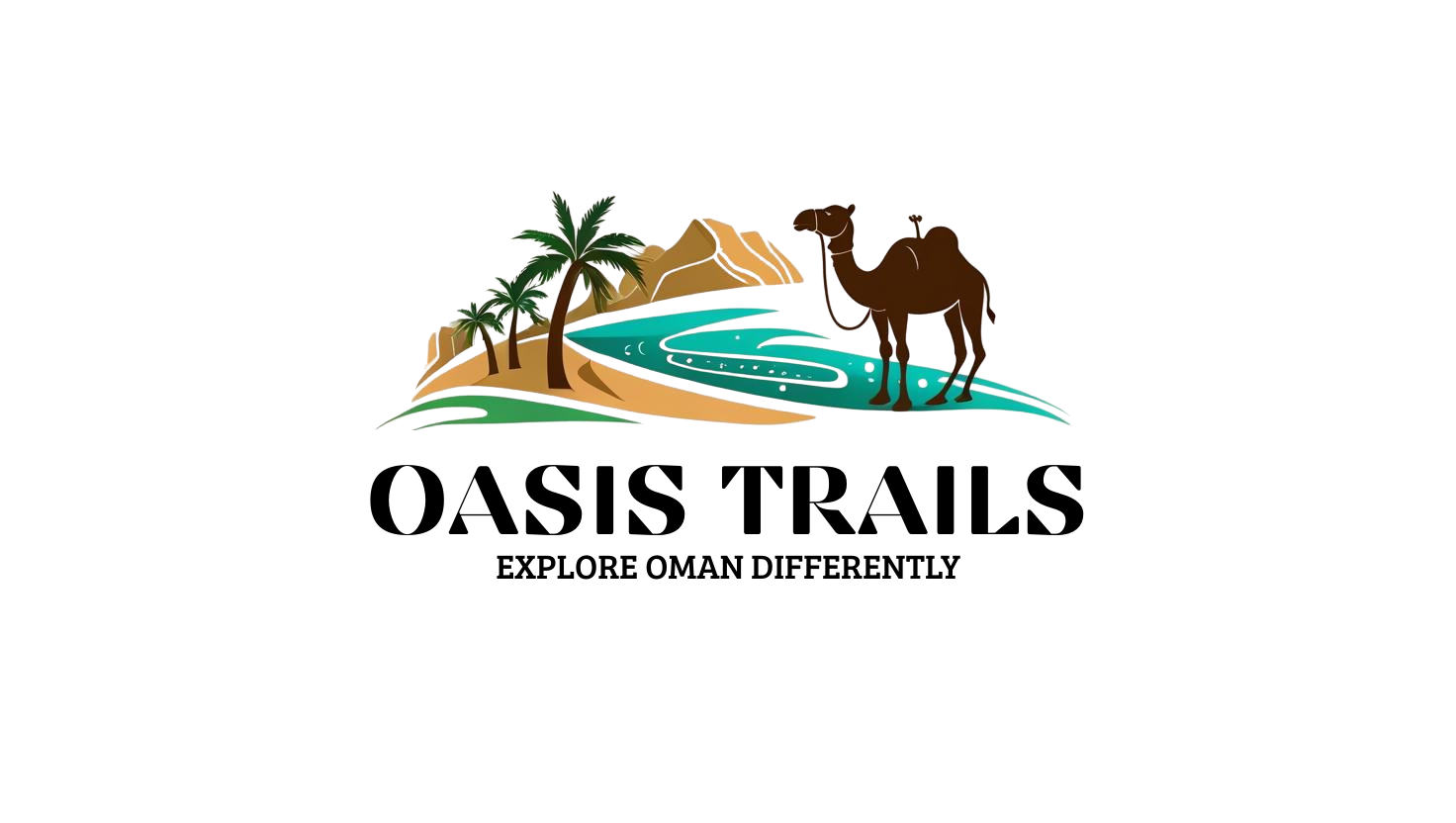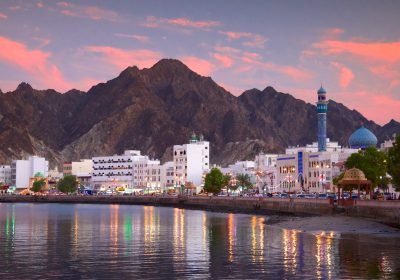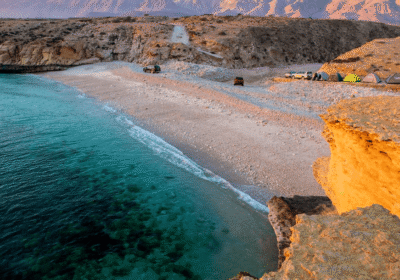How Should You Dress and What Should You Pack for Oman?

Understanding appropriate dress codes and packing essentials for Oman is crucial for comfortable travel and cultural respect. Oman is a progressive Muslim country where modest dressing is appreciated and demonstrates respect for local customs. Proper preparation ensures you'll be comfortable in various climates while honoring Omani cultural values.
Cultural Dress Code Requirements
For Women Travelers
Female visitors should prioritize modest coverage while maintaining comfort in Oman’s warm climate. Essential guidelines include:
- Shoulders and arms covered – Long-sleeved shirts or blouses are recommended, though three-quarter sleeves are acceptable
- Legs covered below the knee – Loose-fitting long pants or maxi skirts work well
- Avoid tight-fitting or transparent clothing – Loose, breathable fabrics are both culturally appropriate and more comfortable
- Headscarf for mosque visits – Pack a lightweight scarf for religious site visits
For Male Travelers
Men should follow similar modesty principles with practical considerations:
- Avoid tank tops – T-shirts or collared shirts are preferred
- Knee-length shorts minimum – Full-length pants are more appropriate for cultural sites
- Long pants required for mosques – Pack at least one pair of full-length trousers
Climate-Specific Clothing Recommendations
Hot Season Preparations (May-September)
During Oman’s intensely hot months, clothing choices become critical for comfort and safety:
- Light-colored, loose-fitting clothes – Reflect heat and allow air circulation
- Breathable natural fabrics – Cotton and linen provide better comfort than synthetics
- Sun protection accessories – Wide-brimmed hats and UV-protective clothing
- Layered approach – Air conditioning can be intense indoors
Cool Season Essentials (October-April)
The preferred travel months require versatile clothing options:
- Lightweight layers – Temperatures vary between day and night
- Light sweater or jacket – Evenings and mountain areas can be cool
- Comfortable walking shoes – For exploring forts, souqs, and cultural sites
Specialized Activity Clothing
Desert Experiences
Desert camping and Wahiba Sands adventures require specific considerations:
- Closed-toe shoes – Protection from sand and potential scorpions
- Long pants for evenings – Desert temperatures drop significantly at night
- Bandana or head covering – Protection from sand and wind
- Layers for temperature changes – Desert nights can be surprisingly cool
Water Activities and Beach Visits
Swimming and water sports require cultural sensitivity:
- Conservative swimwear – One-piece suits and swim shirts are most appropriate
- Cover-ups for transitions – T-shirts and shorts over swimwear when not actively swimming
- Water shoes – Rocky coastlines and coral protection
Mountain and Hiking Activities
Jebel Shams and mountain region visits need appropriate gear:
- Sturdy hiking boots – Rocky terrain requires good ankle support
- Warm layers – Mountain temperatures can be significantly cooler
- Rain jacket – Brief showers possible in January-February
Essential Packing Items
Health and Safety Essentials
- High SPF sunscreen – Essential year-round due to intense sun
- Insect repellent – Particularly for rural areas and water activities
- Personal medications – Bring sufficient supplies as specific brands may be unavailable
- First aid basics – Band-aids, antiseptic, and pain relievers
Climate Comfort Items
- Portable fan – Battery-powered option for extreme heat
- Cooling towels – Helpful during hot weather activities
- Electrolyte supplements – Important for maintaining hydration
- Quality sunglasses – UV protection is crucial
Cultural and Practical Accessories
Traditional Market Shopping
Souq visits and shopping experiences benefit from:
- Small daypack or bag – For purchases and personal items
- Comfortable flat shoes – For walking on uneven surfaces
- Cash wallet – Many traditional vendors prefer cash transactions
Photography and Documentation
- Camera equipment – Oman offers spectacular photo opportunities
- Portable chargers – Long days of sightseeing drain batteries
- Waterproof cases – Protection for water activities
Dining and Cultural Event Preparation
Traditional Dining Experiences
When enjoying traditional Omani cuisine and cultural events:
- Comfortable sitting clothes – Traditional dining often involves floor seating
- Easy-to-remove shoes – Removing shoes when entering homes is customary
- Modest formal wear – For special dining experiences or cultural events
Atmospheric Considerations
The relaxed atmosphere of Oman allows for comfortable, practical clothing choices. However, showing respect through modest dress enhances cultural interactions and demonstrates appreciation for local customs.
Restaurant atmospheres range from casual to formal, but modest dress is universally appropriate and appreciated. Traditional establishments often feature air conditioning, making layers practical for comfort.
Proper preparation with culturally sensitive, climate-appropriate clothing ensures you’ll fully enjoy Oman’s diverse experiences while showing respect for this welcoming country’s values and traditions.
Have more questions? Contact us.



